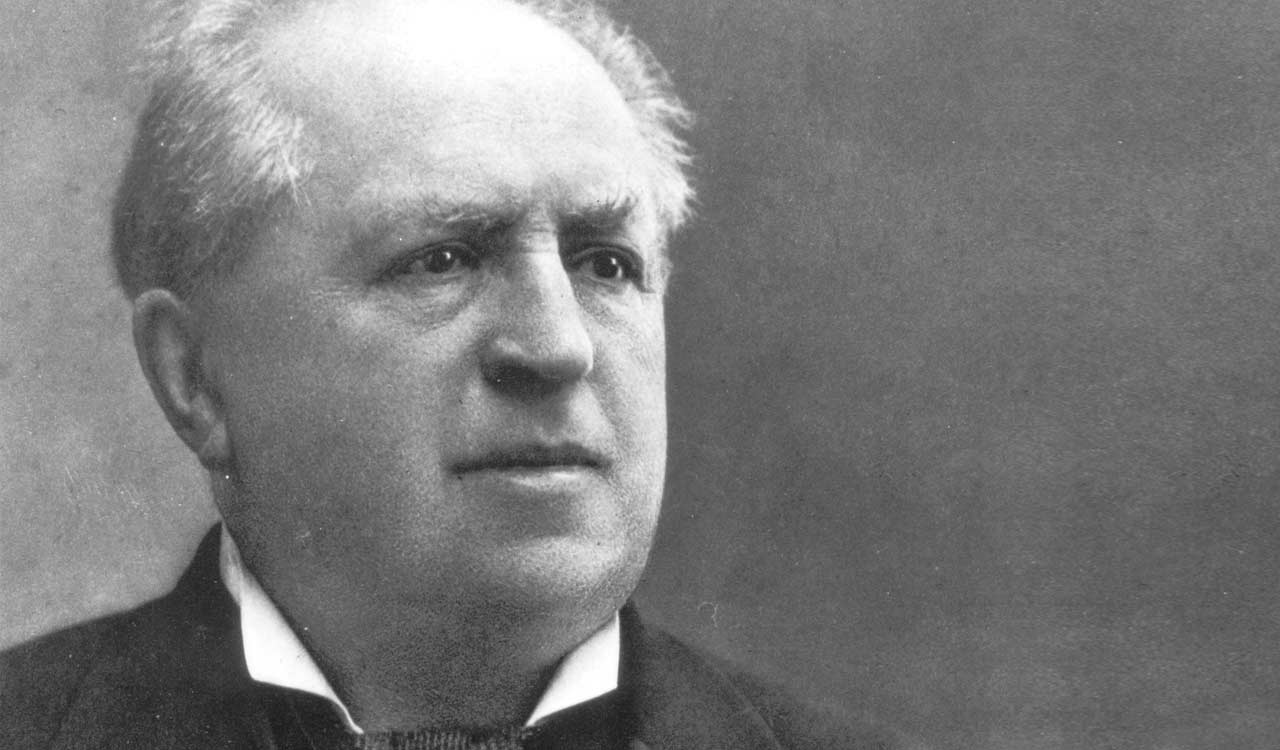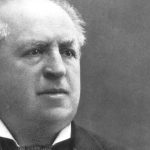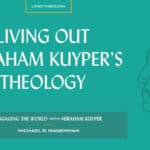
Abraham Kuyper’s life and work remain relevant, perhaps due to the seemingly perpetual ferment regarding the proper role of Christians in public life. The child of a Dutch minister and himself a clergyman who rose to the office of prime minister 1901–5, Kuyper is an example of a “walking public theology.” “Public” theology can be difficult to define because of the many questions that arise when we examine how theology informs the various dimensions of life external to church (that is, the “public”). For some, questions of “public theology” can mean considering whether there is a legitimate reason and possibility for Christian engagement in matters such as politics, business, and culture. For others, it is the inquiry concerning whether Christian concepts are understandable by or accessible to those outside the church (especially if one would like Christian perspectives to inform matters such as public policy), while for yet others it is the exercise of proposing ways Christian faith is expressed in politics and culture. For still others, it is an exercise in providing an account of the public realm through a theological lens. As it concerns Kuyper, it would be fair to say that he addresses all of these concerns at various points in his career, and certainly in his writing on the doctrine of common grace. While he mentions the doctrine in other writings, Kuyper produced his volumes on common grace in the form of contributions that previously appeared in the neocalvinist weekly De Heraut from 1895 until 1901.
Many Christians past and present have struggled to understand how to think well about a “public faith” and how to practice that faith with winsomeness. There is a great temptation either to camp out in a spiritual enclave or to overinvest one’s efforts in politics, business, medicine, or other areas of the life Christians live after they hear the benediction at the close of Sunday worship each week. The doctrine of common grace is a notable contribution from the Reformed tradition that helps illuminate the path of Christian discipleship with fidelity to God and thoughtful discernment.
In this final volume of the Common Grace trilogy, readers encounter not only Kuyper’s theological claims but also some of his accounts of historical development, his views of the structure and practice of family life, and various expressions of his own opinion. Some of his specific views on politics, church, science, and art may not be embraced by all. Although he was remarkably prescient regarding some developments in society, Kuyper was not omniscient, and at times he ventured opinions that we might find surprising, even shocking.
It is not necessary to have total agreement with a person in order to admire them or find their contributions to be of great value. In fact, this is impossible because, as one gets closer to any figure, one draws nearer to dimensions of the complex reality that is beyond a metaphorical “highlight reel” of great moments and contributions.
Contending with Kuyper’s flaws opens the way to the question of legacy. How might we steward well the contributions of those who came before us, being aware of their humanness while building on the best parts of what they left to us? With someone like Kuyper, who left us with a large trove of reflections on a broad range of topics, we can make the most of his work by eagerly reading what we have, evaluating him in light of the manner in which he addressed his immediate context, and doing the careful work of passing along his insights and contributions while being willing to leave behind some aspects of his thinking that may be helpful only as matters of historical context but unhelpful for our time and place and beyond.
Abraham Kuyper’s project on common grace is a welcome contribution to larger discussions about the role of Christians in society. In recent decades some evangelicals in the United States have struggled to discern how to live with a robust faith and proper commitment to cultural, political, economic, and social engagement. For many, it seems as if the only options for Christian engagement are either some version of Christendom, which can appear to be an effort to run society according to the express dictates of Scripture, or a form of alternative witness, which is a kind of antithesis that emphasizes the practices of the Christian community as opposed to direct involvement in political or cultural domains.
Common grace helps us to see that other choices remain. God’s sustaining work in creation encourages us to participate in the various areas of life, striving to discern the best ways to pursue domains as diverse as education, art, politics, and business as we participate within the broad terrain of “the public.” Faithful Christian engagement means the pursuit of the fullness of human life in the totality of God’s created order. This requires neither ecclesiastical sanction nor life as an alternate polis. For sure, every context will require us to see how to pursue faithfulness in different ways, but we can be encouraged that through common grace God has made it possible for us to participate in the public realm in multiple ways that contribute to the flourishing of the created order. Take, read, discern, and engage the path of holistic faith. This is Kuyper’s invitation to us all.
This post is adapted from Vincent E. Bacote’s volume introduction to Common Grace: God’s Gifts for a Fallen World: Volume 3 by Abraham Kuyper (Lexham Press, 2020).







